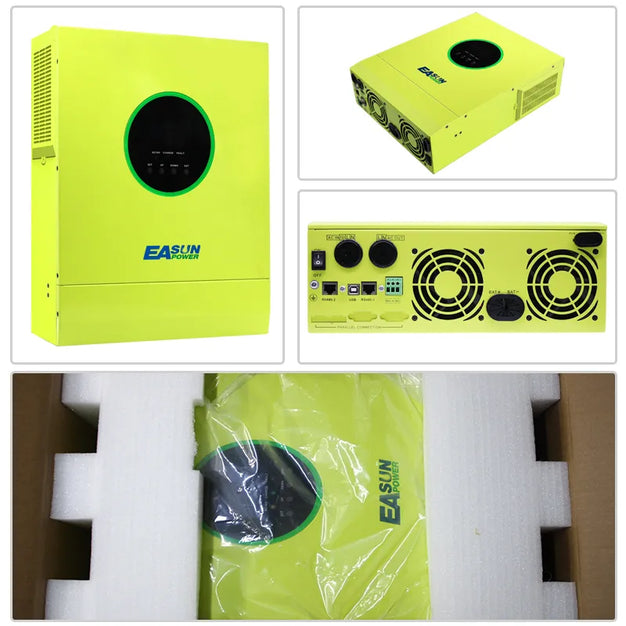Unlock the Secrets to Affordable Solar Power for Your Home!
As energy costs continue to rise and environmental concerns become more pressing, the popularity of solar energy solutions for residential use has skyrocketed. Homeowners are increasingly seeking ways to harness the power of the sun to reduce their utility bills and lower their carbon footprints. However, affordability remains a crucial factor in the decision-making process. This article will delve into the purchasing options for solar energy solutions, focusing on a particular brand's offerings and exploring pricing, availability, and how to find reliable suppliers or dealers.

Understanding Residential Solar Energy Solutions
Residential solar energy solutions refer to systems installed in homes to capture solar energy and convert it into electricity. These solutions typically include solar panels, inverters, and batteries. The benefits are numerous: homeowners can save significantly on energy costs, increase the value of their properties, and contribute to a cleaner environment. By generating their own electricity, families can shield themselves from fluctuating energy prices and contribute to reducing reliance on fossil fuels. The technology works by utilizing photovoltaic cells in solar panels that absorb sunlight, which is then transformed into usable energy. This not only provides power for everyday needs but also allows homeowners to sell excess energy back to the grid, further enhancing their savings.
Evaluating Pricing Options
The pricing of solar energy solutions can vary widely based on several factors. The size of the system is a primary consideration; larger systems that can generate more electricity typically come with higher upfront costs. Installation costs also play a significant role, as the complexity of the installation can affect pricing. Additionally, local incentives and tax credits can substantially impact the final cost. For instance, some regions offer rebates or tax breaks that can lower the total investment needed. Homeowners can generally expect to spend anywhere from a few thousand to tens of thousands of dollars, depending on these variables. It’s crucial to conduct thorough research and perhaps get multiple quotes to compare prices and understand the best deals available.
Availability of Easun Power Solar Energy Solutions
When considering solar energy solutions, availability is a key factor to explore. Depending on where you live, certain products may be more readily accessible than others. Geographic location can greatly influence which brands and systems are available to homeowners. For instance, areas with a high concentration of solar energy users may have more suppliers and options. It’s also important to familiarize oneself with local regulations and incentives, as these can affect not only availability but also the overall cost and feasibility of installation. Homeowners should check local government websites and speak with community solar programs to gain insights into which products are available in their area and any associated benefits.
Finding Suppliers and Dealers
Finding reputable suppliers and dealers for solar energy solutions is crucial for ensuring a smooth purchase and installation process. Start by researching local dealers and checking their credentials; look for certifications and affiliations with recognized industry organizations. Also, read customer reviews and testimonials to gauge the quality of service and products offered. Personal recommendations can also be invaluable; friends or neighbors who have installed solar systems can provide insights into their experiences. Additionally, consider the level of customer support offered by the dealer, as this can make a significant difference should any issues arise post-installation. A reliable dealer will not only assist in choosing the right system but will also be available for ongoing support.
Investment in Solar Energy Solutions
In summary, investing in solar energy solutions for your home can be a rewarding decision, both financially and environmentally. By understanding residential solar energy solutions, evaluating pricing options, exploring product availability, and finding reputable suppliers or dealers, homeowners can make informed choices that lead to significant savings and a reduced carbon footprint. As you consider making your home more energy-efficient, take the time to research and explore the various options available to you. The transition to solar power is not just a trend; it’s a step towards a sustainable future for you and generations to come.













